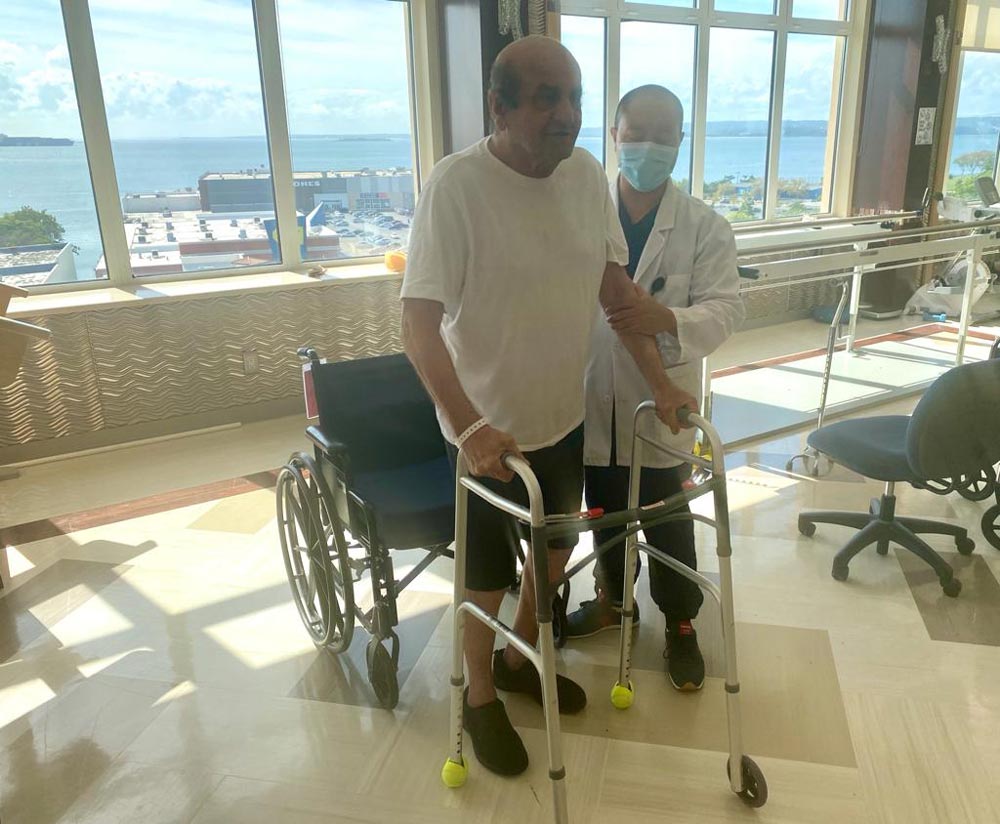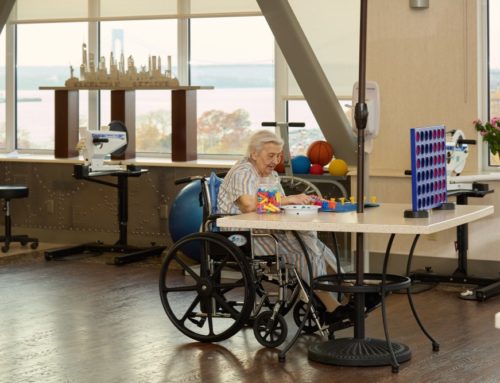These days hip surgery is very common, especially in the elderly. While success rates are high, hip surgery recovery times vary depending on your age, health, and overall fitness. Recovery will depend on closely following the advice of your doctor on the all-important hip and joint replacement rehab procedures.
The doctor will assess you after the operation and design a personalized hip surgery recovery plan. When rehabilitation and physical therapy starts will depend on individual circumstances. There is no one-size-fits-all recipe for recovery after hip surgery, so what follows serves as a general outline. Be sure to talk to your doctor to ask any questions and get personal care and advice.
How Long Does Hip Surgery Recovery Take?
Hip surgery recovery times will vary depending on the type of surgery you have had. After 6–12 weeks you should be able to return to a near normal life, and without hip pain. All surgery is somewhat traumatic so you will need time to rest and for the wound to heal.

Nursing staff like to get you walking, albeit with crutches or other support, as soon as possible. While walking may be tricky and uncomfortable at first, and your legs may be swollen, physical therapy can help. Such therapy can begin within a day of the surgery and is key to a speedy and successful hip surgery recovery. The therapist will show you exercises that will strengthen the hip. He or she will also advise you how to bend and sit to avoid damaging your new hip.
Will you live a normal life?
Hip surgery recovery involves learning to do things in different ways. In the initial stages it’s important to avoid a fall that could set you back in the recovery process. To start with, you may be advised to use a walking aid. There will be certain movements you should avoid making, and you should take care on stairs. However, many former patients return to work or enjoy the activities they did before surgery.
Can you walk normally?
You should be able to walk normally after hip surgery recovery but there are a few tricks to avoid setbacks or injury. For example, you should avoid swiveling around suddenly on the ball of your foot. You will be advised to take small steps, rather than large strides, especially in the initial stages after surgery. You should also avoid crossing your legs or doing anything that puts unnecessary strain on the hips. Avoid low chairs or tasks that involve excessive bending.
Haym Salomon Home for Nursing & Rehabilitation in Brooklyn NY knows how to care for patients who have had hip surgery. While pain relief, rehab therapy, education and emotional support will begin straight away, we assess you at every stage of the rehab process to ensure the smoothest and quickest possible hip surgery recovery.
Contact us for more information about our care and rehab services. Call us or walk in to see things for yourself. We are here to answer any questions you may have.
This content comprises informative and educational resources only and can not be considered as a substitute for professional health or medical guidance. Reliance on any information provided in this article is solely at your own risk. If you have any inquiries or apprehensions about your medical condition or health goals, talk with a licensed physician or healthcare provider.






Leave A Comment